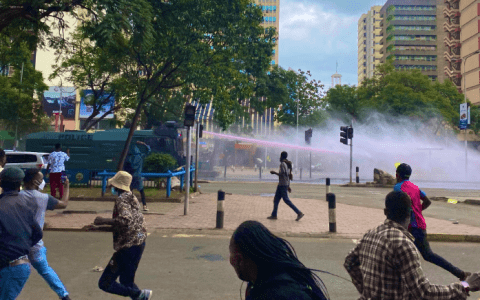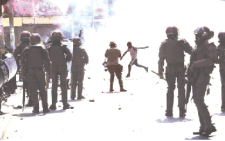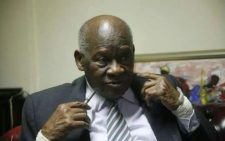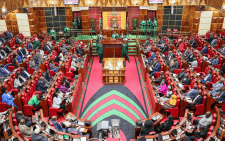No dirty-dealing in dialogue with youth
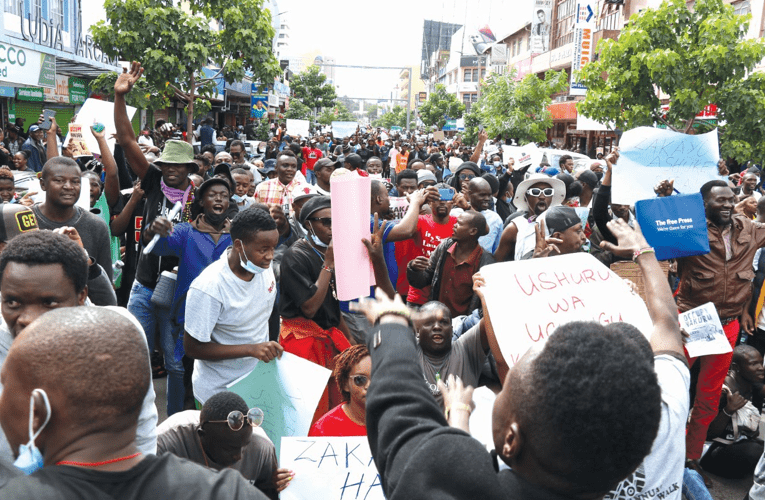
After the slaughter of innocent and brave children holding onto the country’s flag, President William Ruto has called for dialogue with youth people. He announced that a National Multi-Sectoral Forum (NMSF) will be formed to engage with all stakeholders in addressing the concerns the youth have raised.
It followed youth-led protests held across the country that resulted in the deaths of more than 20 people. Ruto responded by withdrawing the 2024 Finance Bill.
The Ruto administration has announced that all national-level umbrella organisations representing the youth, civil society, the faith community, professional bodies, business community groups, academia, students, majority and minority leaders in Parliament, the Council of Governors, and others should nominate representatives to sit on the National Steering Committee of the NMSF.
The committee of 100 will be the apex organ of the NMSF, charged with providing the framework, modalities, agenda and timelines for a nationwide dialogue on matters raised by the youth.
The matters include jobs, the nation’s tax policy, the national debt burden, representation and accountability, anti-corruption measures and any other agenda item deemed appropriate.
Whereas one of the major advantages of such a platform is to facilitate the achievement of an amicable solution to the issues that resulted in the deadly skirmishes seen a few days ago, it will be important to have transparent and non-partisan process. Overtures to have a forum that follows tactics seen in Parliament when the finance bill was approved will not move the country forward.
Adopting underhand tactics to be used to intimidate young people into submission will be a recipe for another round of resistance. This will hamper efforts to achieve any consensus on a way out of the protests, thus delaying progress on Kenya’s development agenda.
Participants in this dialogue should bear in mind that typical peacemaking activities include mediation, conflict resolution roundtable sessions and meetings at various levels. There is a wide variety of negotiated, third-party or facilitated approaches, but the application of the law would also be seen as a peacemaking approach.
This means that everyone joining this engagement, including the President, should come to the table with clean hands.
